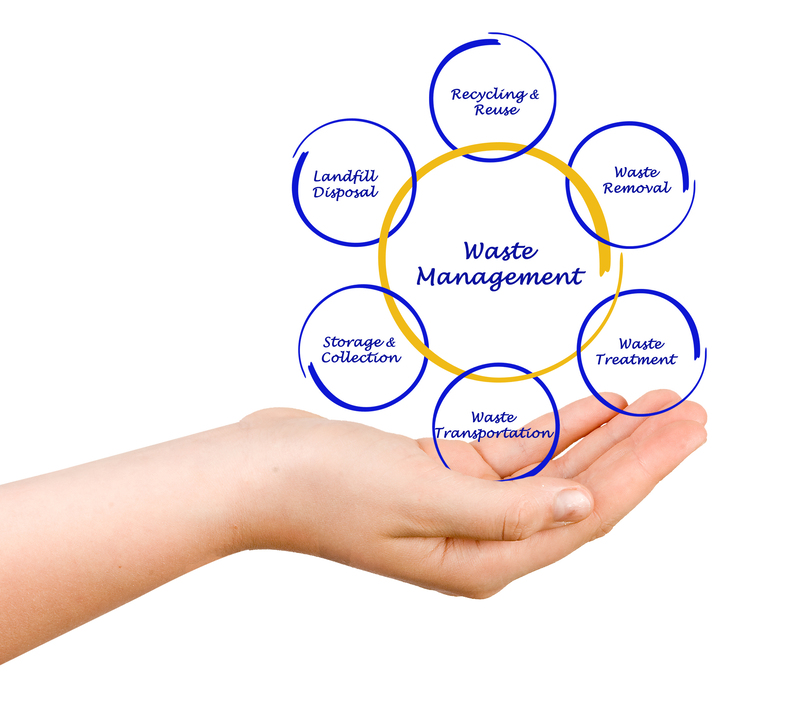Practical Tips for Eco-Conscious Living
Sustainable living has become more than just a trend; it's a necessity. Concerns about climate change, pollution, and resource depletion make it crucial for individuals to adopt more eco-friendly habits. Below are some practical tips for living a more eco-conscious lifestyle that anyone can easily incorporate into their daily routine.
1. Reduce, Reuse, Recycle
These three principles form the cornerstone of eco-conscious living. Reducing the amount of waste you produce, reusing items whenever possible, and recycling materials can significantly cut down on environmental impact. Start with simple steps, such as using reusable shopping bags, water bottles, and coffee cups. Make an effort to purchase products made from recycled materials.

2. Conserve Energy
Simple changes can have a big impact when it comes to conserving energy. Turn off lights when you leave a room, unplug devices when they're not in use, and consider energy-efficient appliances. Switch to LED bulbs, which consume less electricity and have a longer lifespan than traditional incandescent bulbs.
3. Support Sustainable Brands
Supporting companies that prioritize sustainability is another effective way to live more eco-consciously. Look for brands that use eco-friendly materials, engage in fair trade practices, and have transparent supply chains. By spending your money wisely, you encourage more businesses to adopt sustainable practices.
4. Eat a Plant-Based Diet
Diet has a significant impact on the environment. Reducing meat and dairy consumption can decrease greenhouse gas emissions, water usage, and deforestation. Even if you don't become a full-time vegan or vegetarian, incorporating more plant-based meals into your diet can make a big difference.
5. Opt for Sustainable Transportation
Cars are one of the largest sources of carbon emissions for individuals. Consider walking, biking, carpooling, or using public transportation. For longer distances, look into hybrid or electric vehicles. By reducing the number of cars on the road, we can significantly cut down on air pollution and fossil fuel consumption.
6. Reduce Water Usage
Water is a precious resource that is often taken for granted. Simple actions such as fixing leaks, taking shorter showers, and using water-efficient fixtures can help conserve water. Collect rainwater for gardening and avoid watering your plants during the hottest part of the day to minimize evaporation.
Pros and Cons of Eco-Conscious Living
Pros:
- Reduction in environmental impact
- Healthier lifestyle choices
- Cost savings in the long term
- Promotes sustainability practices
Cons:
- Initial costs can be high for sustainable products
- Requires a change in habits and convenience
- Limited availability of eco-friendly options in some areas
- Requires continuous effort and commitment
Additional Tips
- Compost kitchen waste to reduce landfill contributions and enrich the soil
- Use natural cleaning products to avoid contributing to chemical pollution
- Buy second-hand items to reduce waste and support a circular economy
- Educate yourself and others about the importance of sustainable living

Takeaways
Living an eco-conscious life doesn't have to be difficult or expensive. Small, incremental changes can lead to significant impacts over time. By adopting sustainable habits, you not only contribute to the health of our planet but also enrich your own life with healthier choices and potentially cost-saving measures.
Conclusion
Sustainable living is essential for the well-being of our planet and future generations. By implementing practical tips such as reducing waste, conserving energy, supporting sustainable brands, and opting for eco-friendly transportation, we can make a positive impact. While there are pros and cons to living an eco-conscious lifestyle, the long-term benefits far outweigh the challenges. Start small, stay committed, and gradually incorporate more sustainability into your everyday life for a healthier planet and future.
а


